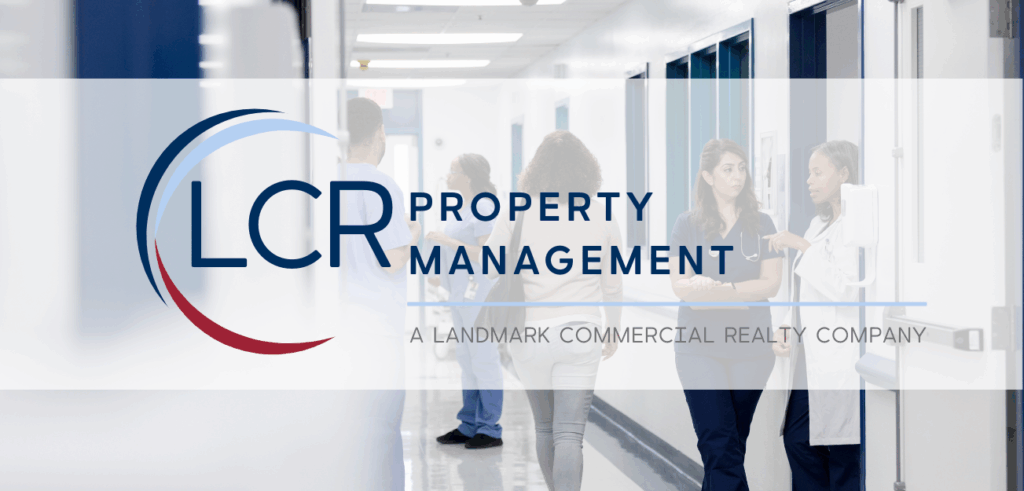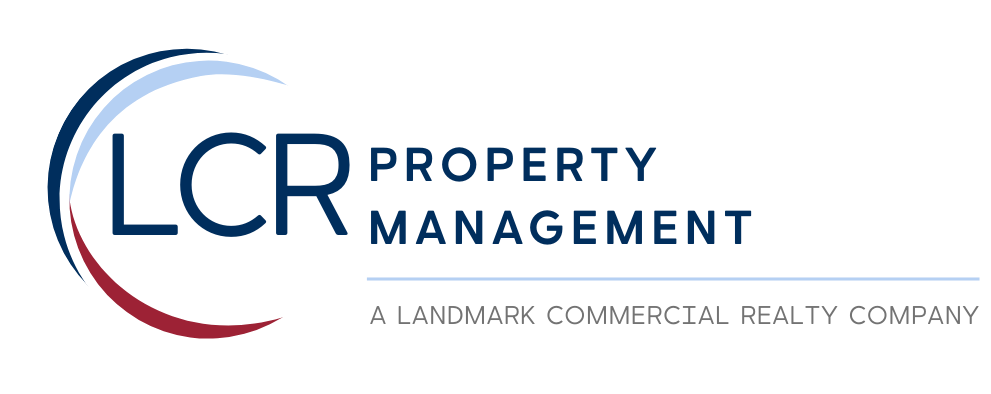 Medical facilities face unique challenges that go far beyond typical commercial properties. From stringent regulatory compliance to life-or-death safety requirements, these environments demand specialized property management expertise. Poor management doesn’t just hurt the bottom line—it can compromise patient care, endanger lives, and destroy reputations built over decades.
Medical facilities face unique challenges that go far beyond typical commercial properties. From stringent regulatory compliance to life-or-death safety requirements, these environments demand specialized property management expertise. Poor management doesn’t just hurt the bottom line—it can compromise patient care, endanger lives, and destroy reputations built over decades.
Healthcare administrators and property management professionals must understand why excellence in facility management isn’t optional in medical settings. This post explores the critical importance of professional property management for medical facilities and reveals the best practices that separate exceptional facilities from those that struggle.
Creating Safe, Clean Healthcare Environments
Medical facilities operate under zero-tolerance policies when it comes to cleanliness and safety. Unlike office buildings or retail spaces, these environments directly impact patient health outcomes and staff wellbeing.
Infection Control Through Strategic Management
Professional property managers understand that infection control begins with facility design and maintenance protocols. They implement specialized HVAC systems that maintain appropriate air pressure differentials between rooms, ensuring contaminants don’t spread from high-risk areas to patient care zones.
Consider the difference between a well-managed surgical suite and one with poor oversight. Proper management ensures air filtration systems receive scheduled maintenance, surfaces undergo daily disinfection with hospital-grade cleaners, and temperature controls maintain optimal conditions for both equipment and patient comfort.
Emergency Preparedness Systems
Medical facilities require redundant safety systems that regular commercial properties don’t need. Backup power generators must undergo weekly testing, emergency lighting systems need monthly inspections, and fire suppression systems require specialized maintenance that considers medical equipment and patient mobility limitations.
A leading children’s hospital in Texas demonstrates this approach perfectly. Their property management team conducts quarterly emergency drills that include patient evacuation procedures, tests backup systems monthly rather than annually, and maintains detailed emergency response plans for different scenarios—from natural disasters to equipment failures.
Navigating Complex Healthcare Regulations
Healthcare facilities must comply with multiple layers of regulation, from OSHA safety standards to Joint Commission accreditation requirements. Professional property managers serve as crucial partners in maintaining this compliance.
Understanding Regulatory Frameworks
The Joint Commission evaluates healthcare facilities on environment of care standards that directly relate to property management. These include life safety code compliance, utility system management, medical equipment maintenance, and hazardous materials handling.
Property managers specializing in healthcare facilities maintain current knowledge of these evolving standards. They track regulation changes, schedule required inspections, and document compliance efforts that satisfy auditors during accreditation reviews.
Documentation and Audit Preparation
Successful medical facility management requires meticulous record-keeping. Every maintenance activity, inspection report, and safety check must be documented and easily retrievable during regulatory audits.
Advanced property management teams use specialized software platforms that automate compliance tracking. These systems generate alerts for upcoming inspections, maintain digital records of all maintenance activities, and produce comprehensive reports that demonstrate regulatory compliance to auditors.
Enhancing Patient and Staff Satisfaction
The physical environment significantly impacts patient recovery outcomes and staff retention rates. Professional property management creates welcoming, functional spaces that support both groups.
Patient Experience Through Environmental Design
Research consistently shows that physical environments affect patient healing rates and satisfaction scores. Natural lighting, comfortable temperatures, quiet operations, and clean facilities all contribute to positive patient experiences.
Property managers focused on patient satisfaction maintain detailed comfort standards that go beyond basic functionality. They monitor noise levels during different shifts, ensure lighting systems support both clinical needs and patient comfort, and maintain landscaping that creates calming outdoor views.
Supporting Staff Productivity and Retention
Healthcare workers face demanding schedules and high-stress environments. Well-managed facilities provide spaces that help staff recharge and perform effectively.
This includes maintaining comfortable break areas, ensuring reliable technology infrastructure, and creating efficient workflows that minimize time spent navigating facility issues. When staff can focus on patient care rather than facility problems, job satisfaction improves, and turnover rates decrease.
A major metropolitan hospital system attributes part of their 40% improvement in nurse retention to facility improvements managed by their property team. Upgrades included comfortable staff lounges, improved parking facilities, and reliable communication systems that reduce workplace frustration.
Best Practices for Medical Facility Management
Exceptional medical facility management requires specialized approaches that address unique healthcare challenges.
Vendor Management and Quality Control
Medical facilities require vendors who understand healthcare regulations, maintain appropriate insurance coverage, and can work around patient care activities. Property managers must vet contractors carefully and maintain approved vendor lists.
Best practices include requiring healthcare-specific training certifications, conducting background checks on all personnel entering patient areas, and maintaining service level agreements that prioritize patient safety over cost savings.
Technology Integration
Modern medical facilities rely on sophisticated building management systems that monitor everything from air quality to equipment performance. Property managers must understand these technologies and ensure they support clinical operations effectively.
Leading facilities implement integrated platforms that connect HVAC controls, security systems, and maintenance scheduling. These systems provide real-time monitoring capabilities that help prevent equipment failures before they impact patient care.
Communication and Coordination
Medical facility property management requires constant coordination with clinical staff, administrators, and regulatory bodies. Effective managers establish clear communication protocols that keep all stakeholders informed without disrupting patient care activities.
This includes scheduled maintenance windows that avoid peak clinical hours, emergency communication systems that reach appropriate personnel quickly, and regular meetings with clinical leadership to address facility-related concerns.
The Cost of Poor Property Management
The consequences of inadequate property management in medical facilities extend far beyond typical commercial property concerns.
Patient Safety Risks
Poor facility management can directly threaten patient safety. HVAC system failures in operating rooms can compromise sterile environments, elevator breakdowns can delay emergency responses, and inadequate lighting can contribute to medical errors.
A recent case study from a mid-sized hospital revealed how deferred maintenance on their medical gas systems led to oxygen delivery interruptions during surgical procedures. The resulting emergency required patient transfers, surgical delays, and significant liability exposure that could have been prevented through proper preventive maintenance.
Regulatory Violations and Penalties
Healthcare facilities that fail regulatory inspections face serious consequences including fines, accreditation loss, and potential closure. The Joint Commission can revoke accreditation for facilities that don’t maintain required environmental standards.
Medicare and Medicaid reimbursements depend on maintaining accreditation status. Facilities that lose accreditation face immediate revenue impacts that far exceed the cost of professional property management services.
Reputation and Competitive Disadvantages
In today’s competitive healthcare market, facility quality affects patient choice and physician preferences. Outdated, poorly maintained facilities struggle to attract top medical talent and lose patients to competitors with superior environments.
Social media amplifies the impact of facility problems, as patients share experiences widely. A facility with frequent maintenance issues, uncomfortable environments, or safety concerns will find these problems reflected in online reviews and reputation scores.
Moving Forward with Professional Management
Medical facilities cannot afford to treat property management as an afterthought. The complex regulatory environment, patient safety requirements, and operational demands require specialized expertise that generic property management approaches cannot provide.
Healthcare administrators should prioritize partnerships with property management professionals who understand medical facility requirements. Look for teams with healthcare-specific experience, current regulatory knowledge, and track records of successful medical facility management.
The investment in professional property management pays dividends through improved patient satisfaction scores, enhanced staff retention, regulatory compliance assurance, and operational efficiency gains. Most importantly, it ensures that facility management supports rather than hinders the primary mission of providing excellent patient care.
Medical facilities that recognize property management as a strategic asset rather than a necessary expense will find themselves better positioned to deliver exceptional healthcare while maintaining financial sustainability in an increasingly challenging industry.




